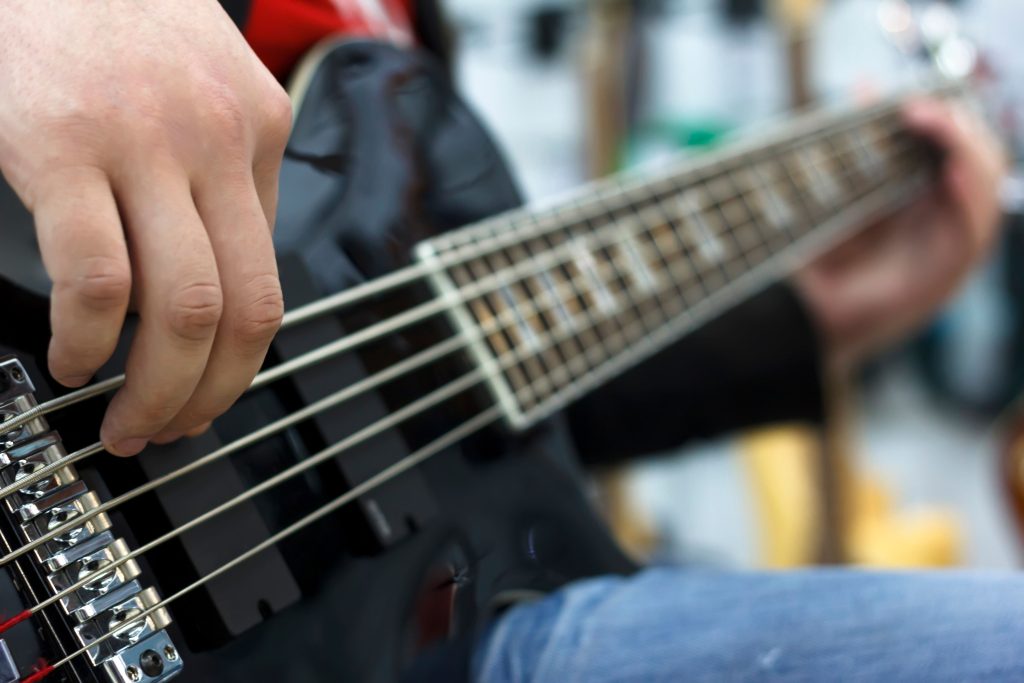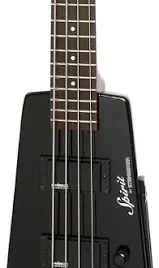Types of Bass Guitars
Introduction
Whether you’re just dipping your toes into the low-end pool or you’re a seasoned player looking to explore new sounds, understanding the various types of bass guitars is essential. Each type has its own personality, offering unique tones, features, and styles. Choosing the right bass is like finding your musical soulmate—it can elevate your playing, inspire creativity, and help you carve out your signature sound.
Let’s break down the world of bass guitars and figure out which type is your perfect match. From the classic 4-string to the experimental fretless, there’s a bass you may enjoy. Many palyers learn to enjoy and own various types of axes.
What Makes Bass Guitars Special?
Bass guitars are the unsung heroes of any band or ensemble. Think about it: the bassline is the glue that holds the rhythm and melody together. It bridges the gap between the drummer’s beat and the harmonic tones of other instruments.
When you play bass, you’re not just adding to the music—you’re driving it. It’s the pulse of the song, the heartbeat that keeps everything alive. Whether it’s the funky slap of a Marcus Miller groove, the growl of a rock bassline, or the mellow warmth of a jazz riff, bass guitars are all about versatility.
Different Types of Bass Guitars
4-String Bass Guitars
The 4-string bass is the OG of the bass world. It’s where most players start and where many professionals stay.
Why Choose a 4-String Bass?
A 4-string bass is simple and easy to handle, making it ideal for beginners. Its tuning mirrors the lowest four strings of a standard guitar (E, A, D, G), making it intuitive for guitar players transitioning to bass.
From rock and pop to funk and reggae, the 4-string covers a wide range of genres. It’s also lighter and more compact, so it’s easier to manage during long gigs or practice sessions.
5-String Bass Guitars
Once you’ve mastered the 4-string, you might crave something with a bit more depth. That’s where the 5-string bass comes in.
Features of a 5-String Bass
The 5-string bass adds a low B string below the standard E, giving you access to notes that aren’t available on a 4-string. This is a game-changer for certain genres like metal, gospel, and even progressive rock, where deep, resonant notes add dramatic effect.
While it’s slightly heavier and requires some adjustment in playing technique, the versatility it offers makes it worth the effort.
6-String Bass Guitars
If you’re looking for the ultimate challenge, the 6-string bass might be calling your name.
Why a 6-String Might Be Your Choice
This beast includes both a low B and a high C string, giving you an extended range that’s perfect for soloing, advanced chord work, and intricate compositions. It’s particularly popular among jazz and fusion players who want the freedom to explore new harmonic territories.
However, it’s not for the faint-hearted. The wider neck and extra strings require a higher level of skill and dedication. But if you’re ready to push your limits, a 6-string bass can open up endless possibilities.

Acoustic Bass Guitars
Acoustic basses bring a different vibe altogether. They’re perfect for unplugged jams and intimate performances.
Key Features of Acoustic Bass Guitars
Unlike their electric counterparts, acoustic bass guitars don’t require amplification (though many come with built-in pickups for larger venues). They produce a warm, organic tone that blends beautifully in acoustic settings.
If you’re into folk, bluegrass, or jazz, an acoustic bass can add a unique texture to your music. Plus, they’re great for casual practice when you don’t want to set up amps and cables.
Electric Bass Guitars
When most people think of bass guitars, they’re picturing an electric bass. These are the workhorses of modern music.
Advantages of Electric Bass
Electric basses are incredibly versatile. They’re easy to amplify, compatible with effects pedals, and perfect for almost any genre—from rock and pop to jazz and metal.
What’s more, they come in a wide variety of designs, from sleek, modern shapes to vintage-inspired models. Whether you want to stand out on stage or blend into the background, there’s an electric bass for you.
Fretless Bass Guitars
Fretless basses are for the adventurous player who’s looking to break free from traditional sounds.
Fretless vs. Fretted Bass
Without frets, the fretless bass allows for smooth slides and subtle microtonal variations. This gives it a unique, almost vocal-like quality. It’s perfect for jazz, fusion, and experimental genres.
However, fretless basses demand precise finger placement and a good ear for intonation. They’re not the easiest to master, but the payoff in tone and expressiveness is well worth the effort.
Short-Scale Bass Guitars
Not every bass player needs or wants a full-sized instrument. That’s where short-scale basses come in.
Benefits of a Short-Scale Bass
Short-scale basses have a shorter neck and fretboard, making them ideal for players with smaller hands or those looking for a lighter, more portable option. They also produce a distinct, punchy tone that’s favored in genres like indie and punk.
If you’re after a vintage vibe or just want something a bit different, a short-scale bass is worth checking out.
How to Choose the Right Bass Guitar
So, how do you decide which type of bass is right for you? Start by asking yourself these questions:
- What’s your skill level? Beginners might find a 4-string more manageable, while advanced players may want the range of a 5- or 6-string.
- What’s your budget? Entry-level basses are affordable, but investing in a mid-range or high-end model can pay off in the long run.
- What genre do you play? Certain basses lend themselves better to specific styles. For example, a fretless bass is great for jazz, while a 5-string suits metal and gospel.
- What feels comfortable? Visit a music store, try out different models, and see what feels right in your hands.
Remember, there’s no one-size-fits-all answer. The best bass guitar is the one that inspires you to play.
Conclusion: Types of Bass Guitars
Exploring the different types of bass guitars is like opening a treasure chest of possibilities. Each type has its own charm, and the right choice depends on your style, preferences, and musical goals. Whether you stick with a trusty 4-string, venture into the depths of a 5-string, or experiment with the smooth tones of a fretless, the key is to have fun and let your creativity flow.
FAQs
1. Can I start with a 5-string bass as a beginner?
Yes, but it’s often easier to learn on a 4-string. Once you’re comfortable, transitioning to a 5-string is simpler.
2. Are short-scale basses only for beginners?
Not at all! Many seasoned players love short-scale basses for their unique tone and portability.
3. Do fretless basses work for rock music?
While they’re more common in jazz and fusion, fretless basses can work in rock if you’re aiming for a smooth, melodic tone.
4. Is an acoustic bass loud enough without amplification?
Acoustic basses are fine for small, quiet settings, but amplification is often needed for larger performances.
5. What’s the difference between passive and active bass pickups?
Passive pickups offer a warmer, vintage tone, while active pickups provide a brighter, more powerful sound with more control over EQ.




